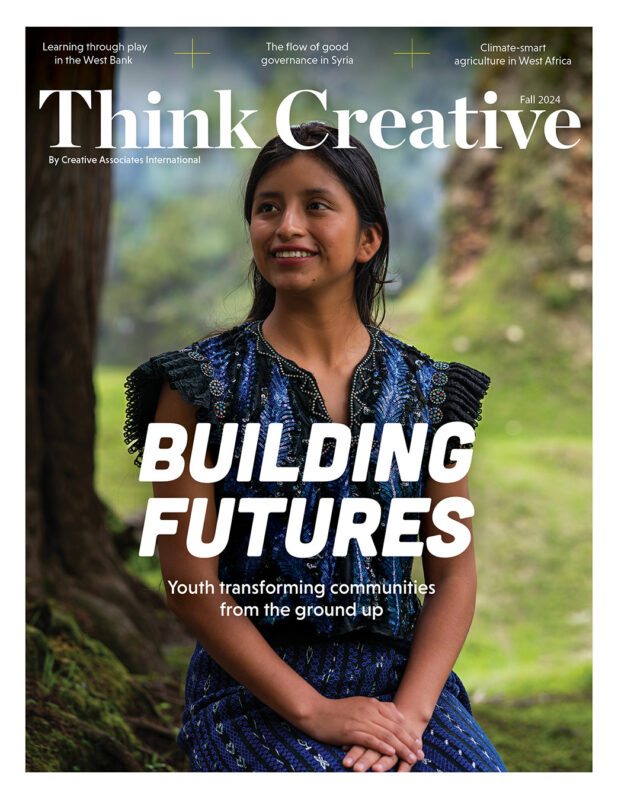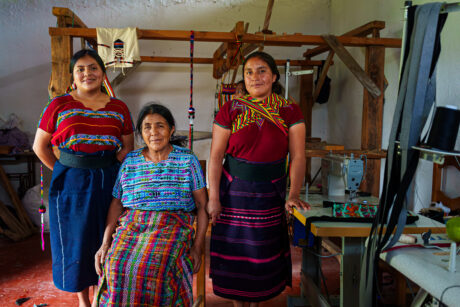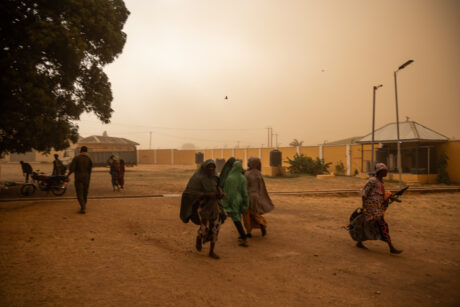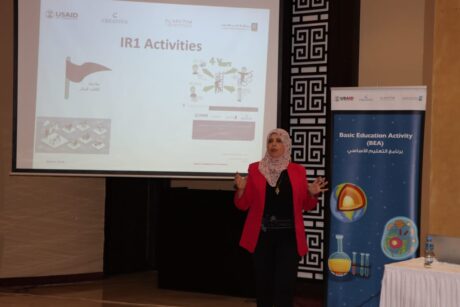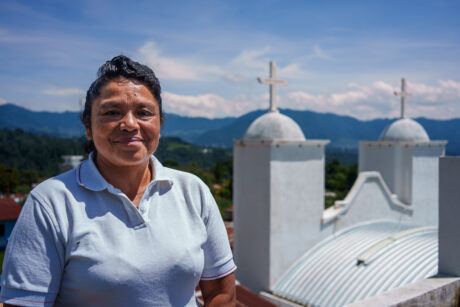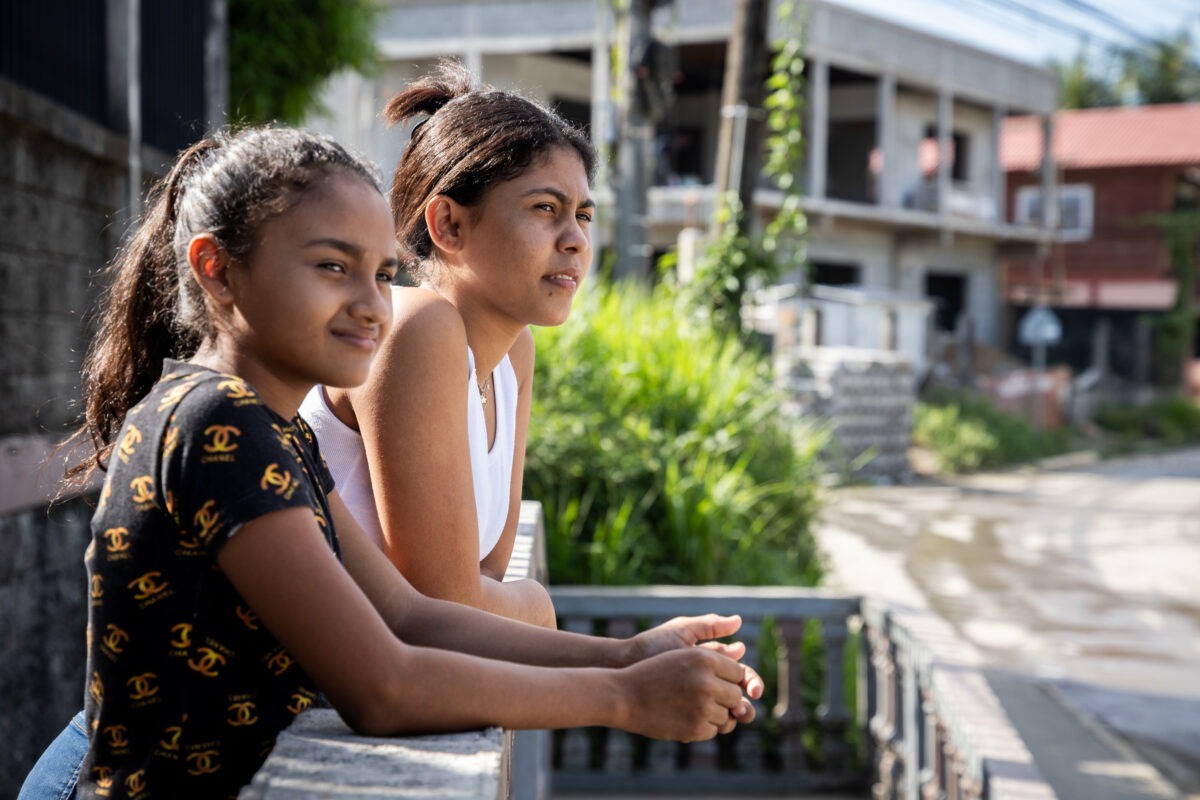
Rosa Isabel Melgar, age 19, had an opportunity to leave her home in Puerto Cortés, Honduras, a Caribbean community with a long tradition of irregular migration to other countries. Years earlier, her mother made the journey north, and Melgar’s sister later followed.
Melgar remained in the Barrio Medina community of Puerto Cortés and is stepping up for her neighborhood.
“People leave their neighborhoods for various reasons, either involuntarily or voluntarily, because they say they want a better future,” Melgar says. “But they can build our future here.”
Youth around the world face significant challenges related to unemployment, social fragmentation, lack of political and community engagement, and limited economic opportunities. These issues are interconnected, with financial instability exacerbating social tensions and undermining community cohesion. However, holistic youth programming that centers youth as co-designers and partners offers a powerful solution by addressing these challenges.
By building platforms that create economic opportunities, fostering social cohesion and nurturing leadership skills, these programs empower young people to become catalysts for positive change in their communities.
Building youth leadership skills
Positive Youth Development is an approach to supporting young people in reaching their full potential by engaging them directly, connecting them with supportive adults and creating opportunities for them to build community. It aims to grow youth’s skills and belief in themselves while creating a safe, enabling environment where they can participate actively in the world around them.
Melgar has been developing her leadership skills through the 1,500-strong youth program called Agentes de Cambio (Agents of Change), an initiative supported by USAID’s Sembrando Esperanza (Planting Hope) that works with a consortium of organizations in 25 target municipalities. Agentes de Cambio is one of several community-focused activities the program supports to foster rootedness by placing youth at the center of identifying, developing and carrying out locally conceived and led activities.
“Participating in Sembrando Esperanza’s activities has been a turning point in my life. Through this activity, I discovered my leadership skills and the ability to positiviely influence my surroundings.”
To harness young people’s potential, the program invests in engaging diverse youth, building leadership skills, creating networks of like-minded people and developing community projects.
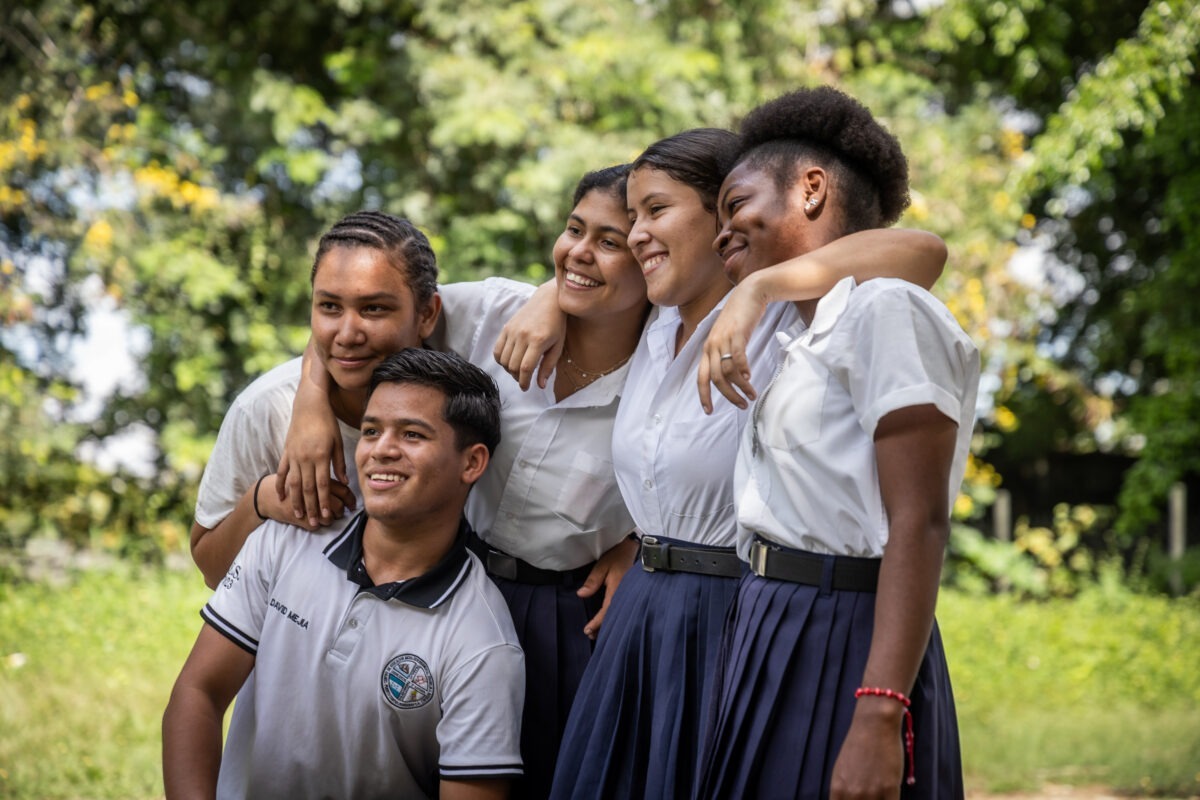
“Once we acquire skills, we bring them to our families to create more positive relationships at home,” explains Melgar, one of the 150 Agentes de Cambio in the coastal city of Puerto Cortes.
During co-creation sessions, youth collaborate with the larger community and civil society organizations to identify challenges—such as lack of economic opportunities or gang violence—and brainstorm innovative solutions to address them.
“Participating in Sembrando Esperanza’s activities has been a turning point in my life,” Melgar explains. “Through this activity, I discovered my leadership skills and the ability to positively influence my surroundings.”
Developing local youth leaders like Melgar sets communities up to prosper and build resilience.
When young people see viable opportunities in their neighborhoods, they are less likely to migrate in search of better prospects, ensuring that their talents and innovations benefit their neighborhoods. This social and economic development approach helps build resilient, self-sustaining communities where future generations can thrive.
Supporting youth-led social cohesion
Weeks after Togo recorded its first case of COVID-19 in March 2020, Azizi Sedou noticed a deterioration in the relationship between youth and authorities in and around Cinkassé town in Togo’s Savanes region.
Preventive measures to curb the spread of the virus—including the banning of mass gatherings and closing markets, businesses and borders—had started to take a toll on the economic and social well-being of the population. Attempts to resist or enforce these orders often resulted in violent confrontations between security agencies and youth.
The frequent clashes concerned Sedou—he was often called on to intervene on behalf of the youth to resolve conflicts and saw first-hand how the situation negatively affected social cohesion.
Since his return to Cinkassé after graduating with a degree in human resource management from the university in Lomé, Sedou became a respected youth leader in his community.
“When friends tell me that what I’m doing is dangerous, the answer I often give them is that it’s because I want to be useful to my community. It’s my passion,” Sedou says.
In addition to his activism to calm tensions between youth and authorities, Sedou, who uses crutches, is passionate about ensuring that disabled people have equal opportunities and inclusion.
“I noticed that people with disabilities were discriminated against, and so as one of the few disabled university graduates, I wanted to change that narrative,” Sedou says.
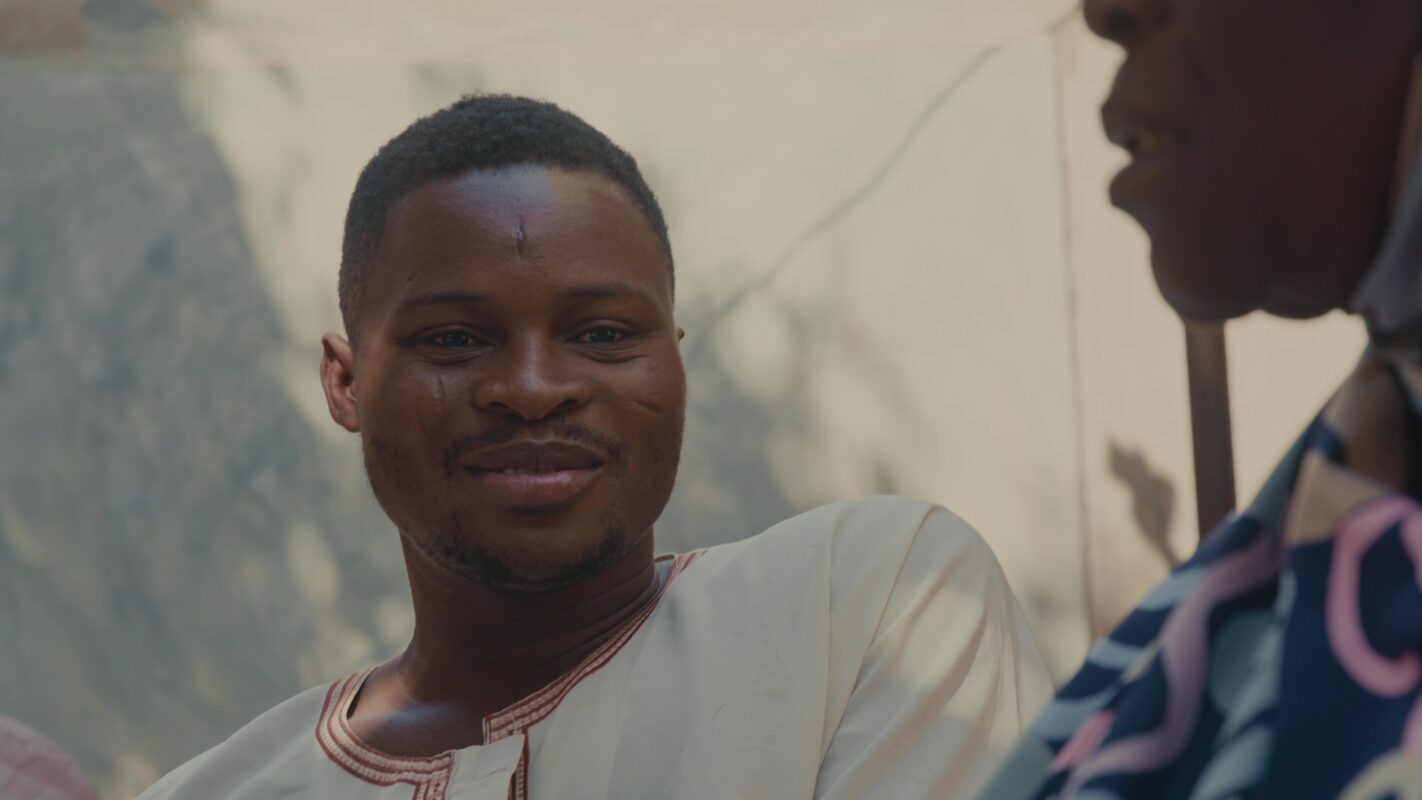
Sedou’s activism secured him a spot as one of 120 youth representatives to receive training on preventing violent extremism, peacebuilding, social cohesion and early warning, an activity supported by the USAID/OTI Littorals Regional Initiative initiative facilitated by Timbuktu Institute and organized by Togo’s National Youth Council.
After the first training, Sedou and 19 other promising youth leaders were chosen to participate in an advanced advocacy and conflict-sensitive communication session.
“We [the youth] are the majority,” Sedou says. “We are also the ones being recruited to play a role in these conflicts. So, it is important that the young people are informed and get more involved so we can better preserve peace.” Sedou now goes from house to house to sensitize his peers and his community about the need for social cohesion, early warning and preventing violent extremism.
Sedou and his peers from the training have engaged more than 1,000 men, women and youth across Togo’s Savanes Region and continue to reach more residents. As a result of these engagements, the relationship between the authorities and youth has improved, evidenced by increased collaboration on information sharing and security updates.
“My dream is of Cinkassé where everyone is at peace, where there is this social cohesion, there are no prejudices based on ethnicities, social standing or disability,” Sedou says.
Creating opportunities online
Youth are also mobilizing their peers and building opportunities and community in digital spaces.
Twenty-year-old Leticia Torres is smart, speaks quickly and is naturally outgoing, which has led her to use these talents for social good.
“Since I was very young, I have had this dream of getting involved in society, and that also implies being able to raise my voice for those who still cannot or perhaps could not do so,” says Torres, a Maya K’iche from an Indigenous community in Guatemala’s Western Highlands.
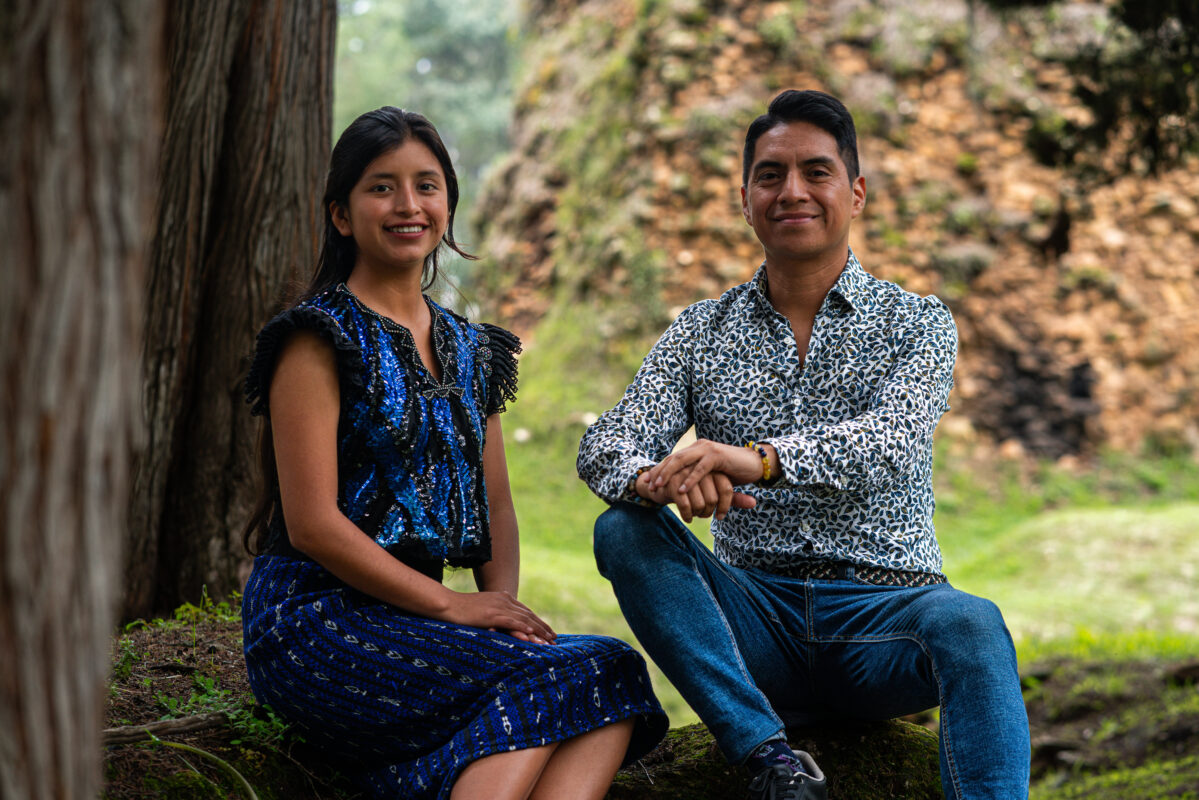
Torres’ activism made it natural for her to join the Red de Voceros y Voceras Juveniles para la Paz (Youth Voices for Peace). With more than 225 members from 15 municipalities, the group receives training on conflict transformation, cyber-activism and the risks of irregular migration.
With the support of USAID’s Tejiendo Paz (Peacebuilding Project)—which seeks local solutions to improve social cohesion, reduce conflict and address drivers of irregular migration—Voceros y Voceras Juveniles has sharpened Torres’ advocacy skills and enabled her to become integrated into a larger network of like-minded youth who collaborate to contribute to society.
“I learned that I could express my vote, start motivating other young people to share their opinions and together we could start proposing solutions,” Torres says. “This has helped me a lot to support others in questioning the social reality and thinking about what we can propose or plan in society. I consider this a very important foundation for me to make an impact.”
Voceros y Voceras Juveniles were trained to identify topics and work with local officials, such as addressing education in rural Guatemala, where school attendance and graduation levels are among the lowest in the country, particularly for Indigenous girls
Torres and her chapter in San Andrés Sajcabajá started a WhatsApp group to share information about free classes, scholarships and other educational opportunities.
“Starting a WhatsApp group may not seem like much, but the members who have joined have told me that they have benefited from various scholarships, calls for applications and free classes, such as free English courses,” Torres says.
Creating online opportunities for youth to access information and participate in their communities makes them stronger, more engaged members of society.
Engaging private sector partners to boost youth
Rakiya Ali is an agronomist who rarely dirtied her hands. Instead, she focused on the scientific aspects of farming, seeds and other agricultural inputs.
It wasn’t until the 30-year-old had an opportunity to provide hands-on technical support to women farmers in northern Nigeria that she decided to get her hands dirty. Literally.
The USAID West Africa Trade & Investment Hub partnered with West African and U.S. companies to generate new private sector investment, create jobs, increase trade, protect natural resources and boost food security.
The Trade Hub partnered with Ali’s employer, Premier Seeds, in Kaduna State, Nigeria, to boost women’s opportunities in agriculture, from the research lab to the fields to the market. The program needed women with technical expertise to engage other women in this conservative part of northern Nigeria and encourage them to try their hands at farming. Ali jumped at the opportunity.
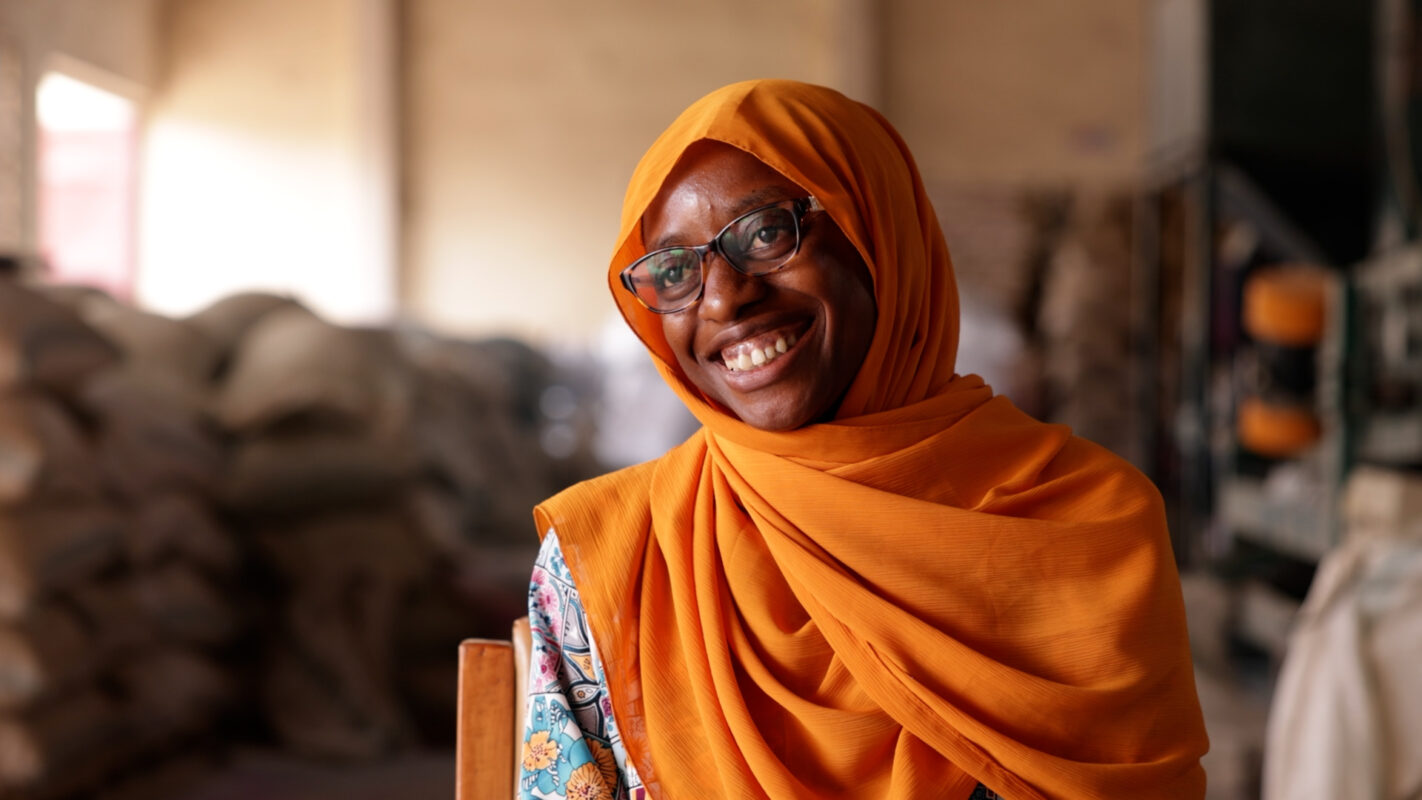
“You’d go to [women’s] houses, and their husbands will tell you that a male cannot enter,” Ali says. “They call those houses ‘bashiga.’ That loosely translates to mean ‘no entry.’ But as a woman, I can easily enter and interact freely with those women and try to pass the message and the knowledge of what the projects are about, what you’d like them to do and what the whole farming activity is about. The Trade Hub actually made that possible.”
Working alongside scores of women tilling, planting and harvesting their small plots encouraged her to give farming a shot. “I loved what I saw,” she says.
Following her own advice, Ali now cultivates soybeans and maize on two-and-a-half acres.
“I am very proud of the work I’m doing,” she says, juggling her full-time job at Premier Seeds with part-time farming chores. “It’s really empowering to see other people like me, young and female, embracing agriculture. It’s not the whole stereotypical aspect of having to see anything that has to do with farming is just for men. Now, you see a lot of women embracing farming. You see a lot of people embracing agriculture as an agri-business. And you see it’s creating a lot of jobs.”
Through the Trade Hub, Ali and other extension officers at Premier Seeds registered 786 farmers across seven states, of which 65 percent are youth and 70 percent are women.
Locally led, youth powered
In a courtyard in central Ramallah, in the West Bank, Palestinian children tried their hands at different Science, Technology, Engineering, Art and Mathematics (STEAM) activities such as robotics, horticulture, engineering and more as they envisioned their futures as scientists and community leaders. The demand for these skills in STEAM-oriented occupations is rising globally.
For 21-year-old Sara Khader, this summer camp allowed her to engage bright, young minds as a facilitator.
“I decided not to take a summer course at university so that I would be a facilitator at this camp,” says the rising senior studying mechanical engineering at Birzeit University. “I love working with children, and I thought this would be a great opportunity not only for me to teach but also to learn new things from these children.”
The camp is organized by the Al Nayzak Organization, an NGO partnering with the USAID-funded Basic Education Activity in the West Bank and Gaza. Al Nayzak provided capacity-building training to facilitators like Sara to support children’s social and emotional skills through learning.
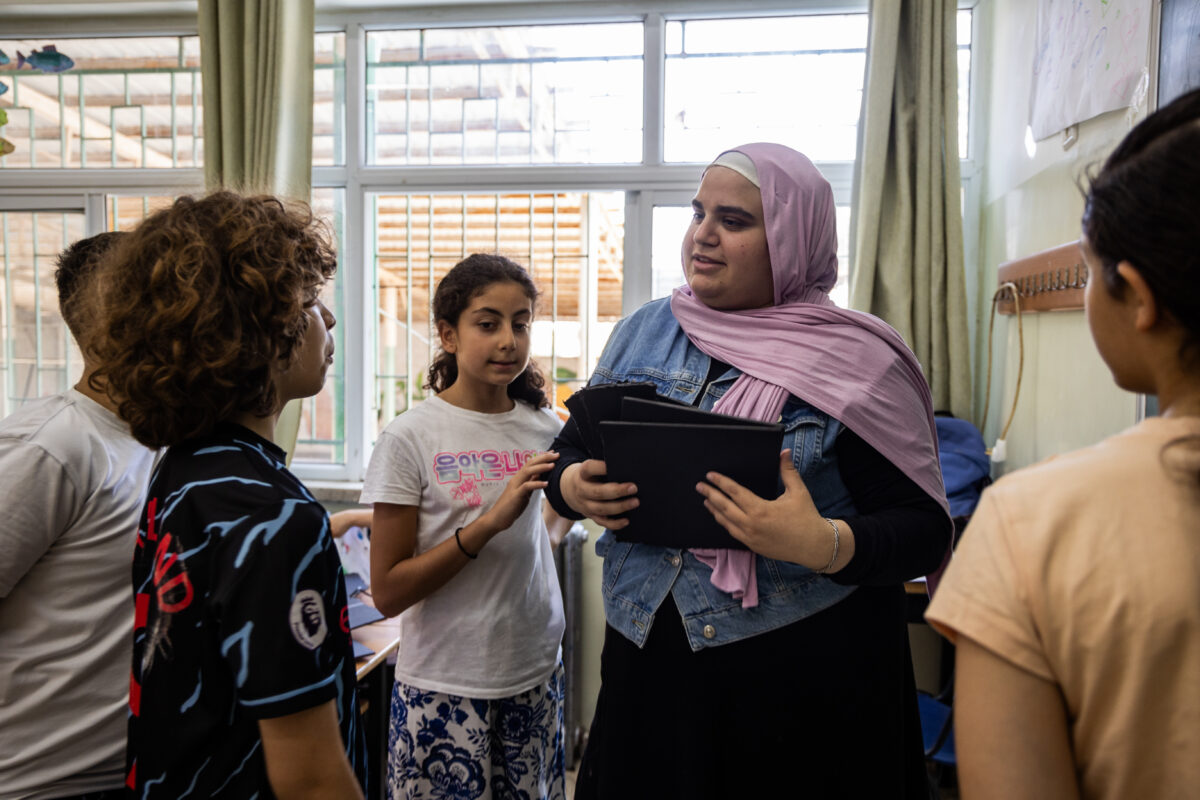
In addition to the camps, the Basic Education Activity will strengthen pre-primary education and remedial and extracurricular programming at the primary level in the West Bank and Gaza, targeting marginalized communities by providing literacy, numeracy and social and emotional support for children, parents and teachers in the region.
Khader is joined at the summer camp by other motivated facilitators, including engineering students, scientists and psychologists, who combine their talents to create a fun and educational summer camp.
Khader is passionate about educating children about the wonders of sustainable energy and how to be environmentally conscious. Though the campers are first to sixth graders, Khader is showing them how to build an isothermal home in which the indoor temperature remains constant despite the outside conditions.
“I love working with children, and I thought this would be a great opportunity not only for me to teach but also to learn new things from these children.”
“I think environmental sustainability is very important, and it’s very important to expose children to it at a very young age,” she says. “Unfortunately, Palestine isn’t exactly one of the leading countries addressing this kind of problem. So, we’re starting from a young age and teaching them these things so that in the future, they will become initiators and leaders in this kind of aspect of science.”
The 21-year-old credits her parents for encouraging her to learn and grow, a mindset she wants to pass along to the summer camp participants.
“I want them to become future leaders in their community and to take the initiative to solve problems,” Khader says. “Also, I want them to make new friends and to find themselves within this summer camp.”
Investing in youth means creating opportunities for young people to thrive and lead initiatives in their communities, laying the groundwork for generations to come.
With reporting by Atiewin Mbillah-Lawson, Luis Villatoro, Pariesa Brody, Hugo Perez and Sara Barker
